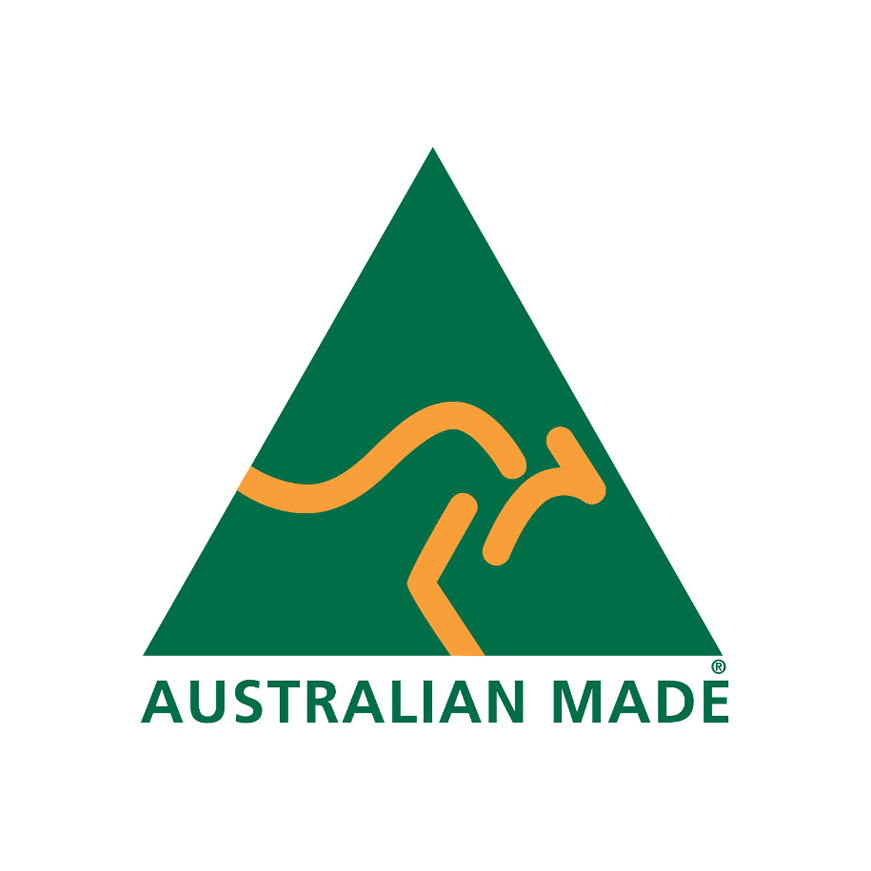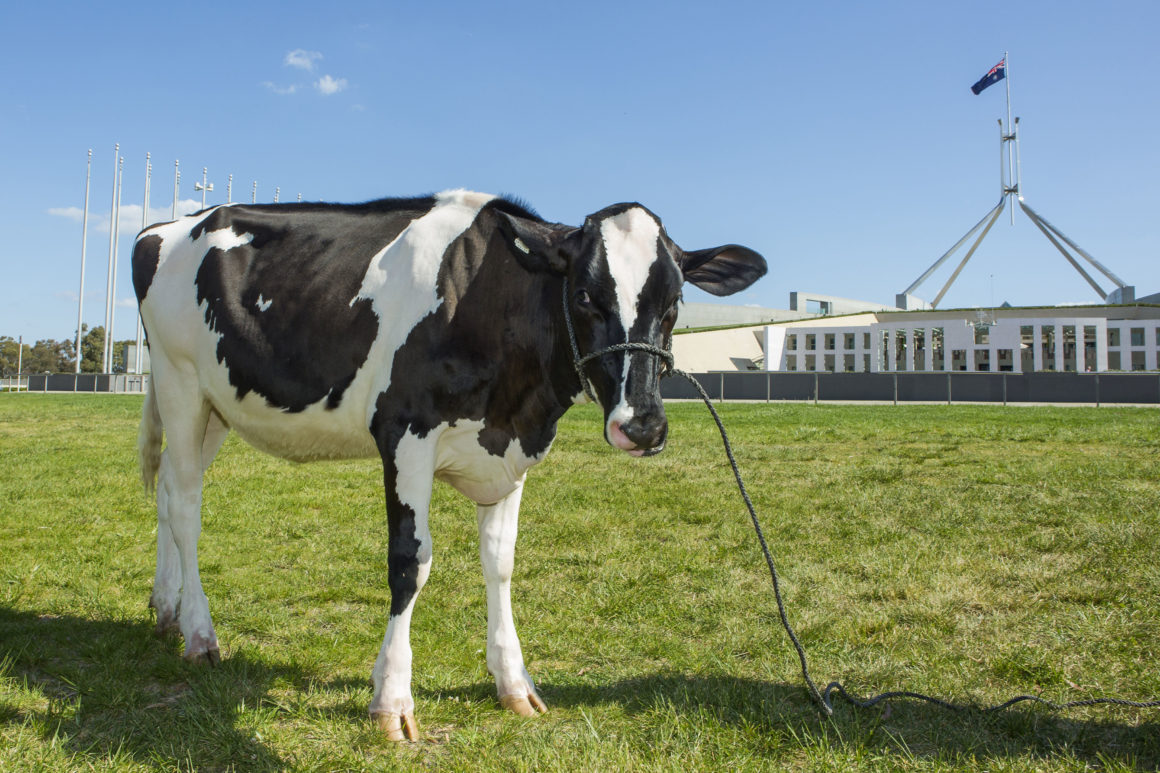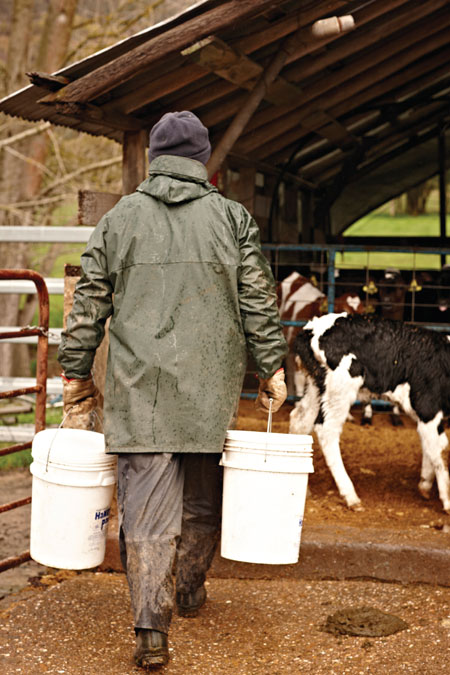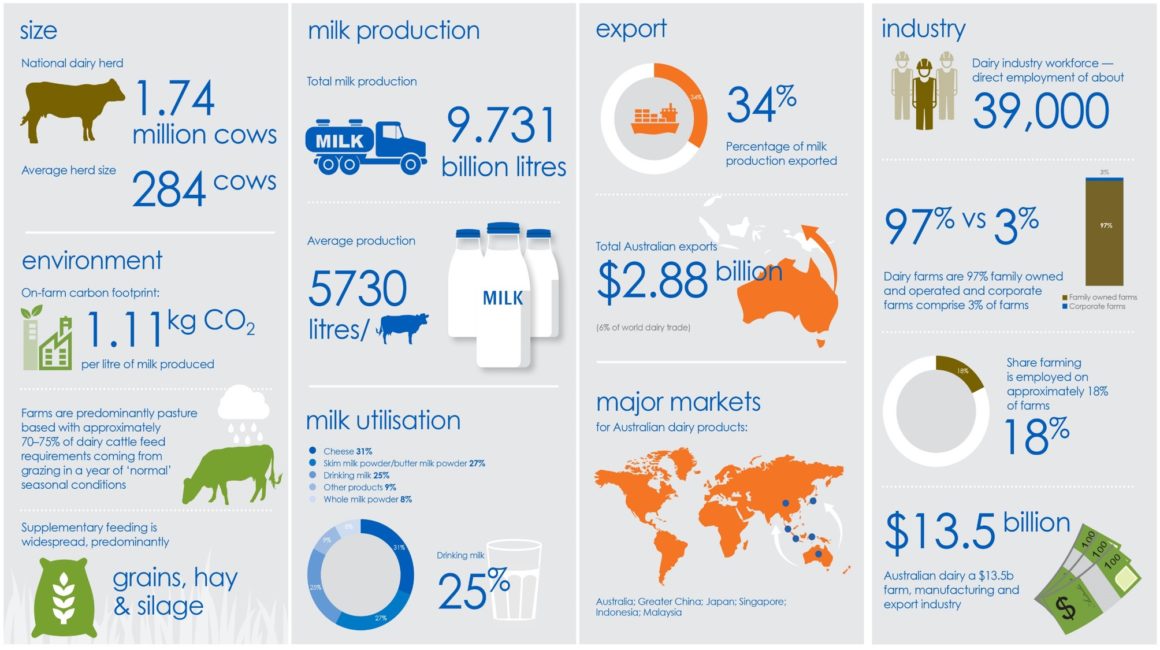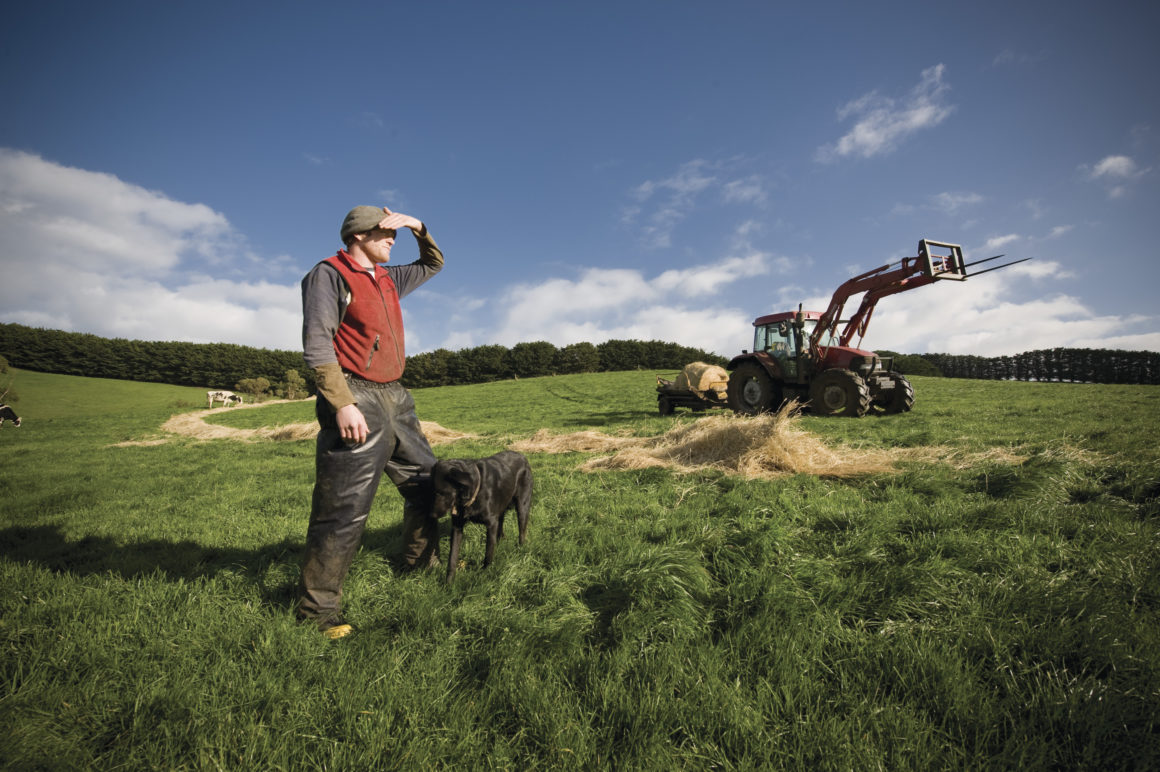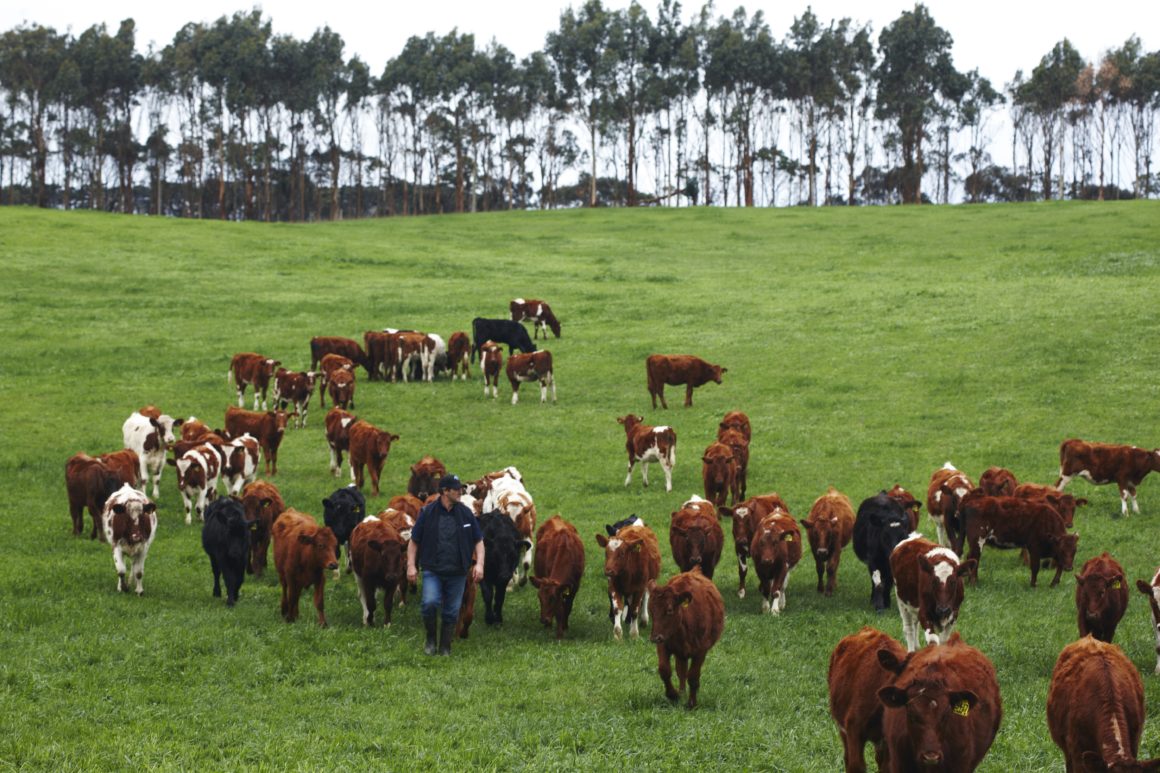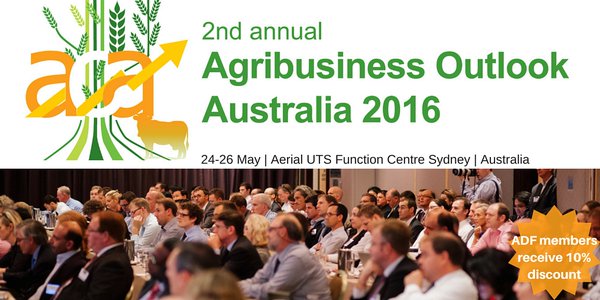 The Australian Dairy Industry Council (ADIC) has acknowledged the revised country of origin labelling system,
The Australian Dairy Industry Council (ADIC) has acknowledged the revised country of origin labelling system,
announced by the Federal Government yesterday, as a positive move toward providing consumers with a clearer understanding of where their food comes
from.
ADIC Chair, Simone Jolliffe said the industry provided significant feedback to the proposed system to Government, some of which is reflected in the
announced laws.
“We are pleased to see the revised laws will allow for a minimum transition period of two years. This will ease implementation for manufacturers, allowing
stocks of existing labels to run out and help ensure that unreasonable regulatory costs are avoided,” Mrs Jolliffe said.
“It will also allow for the development of an education campaign to properly inform consumers about interpreting the new system, so that they can make
sound choices.”
The ADIC also expressed its appreciation for the opportunity to state the percentage of Australian product under the revised labelling system.
“The increased flexibility of the sliding scale system as well as the accompanying descriptions of Australian ingredient content on packaging is a positive
improvement.”
The ADIC looks forward to reviewing the full detail of the proposed changes to fully understand the impact on Australian dairy products and ensure implementation
of the system works for consumers, customers and the Australian dairy industry.

